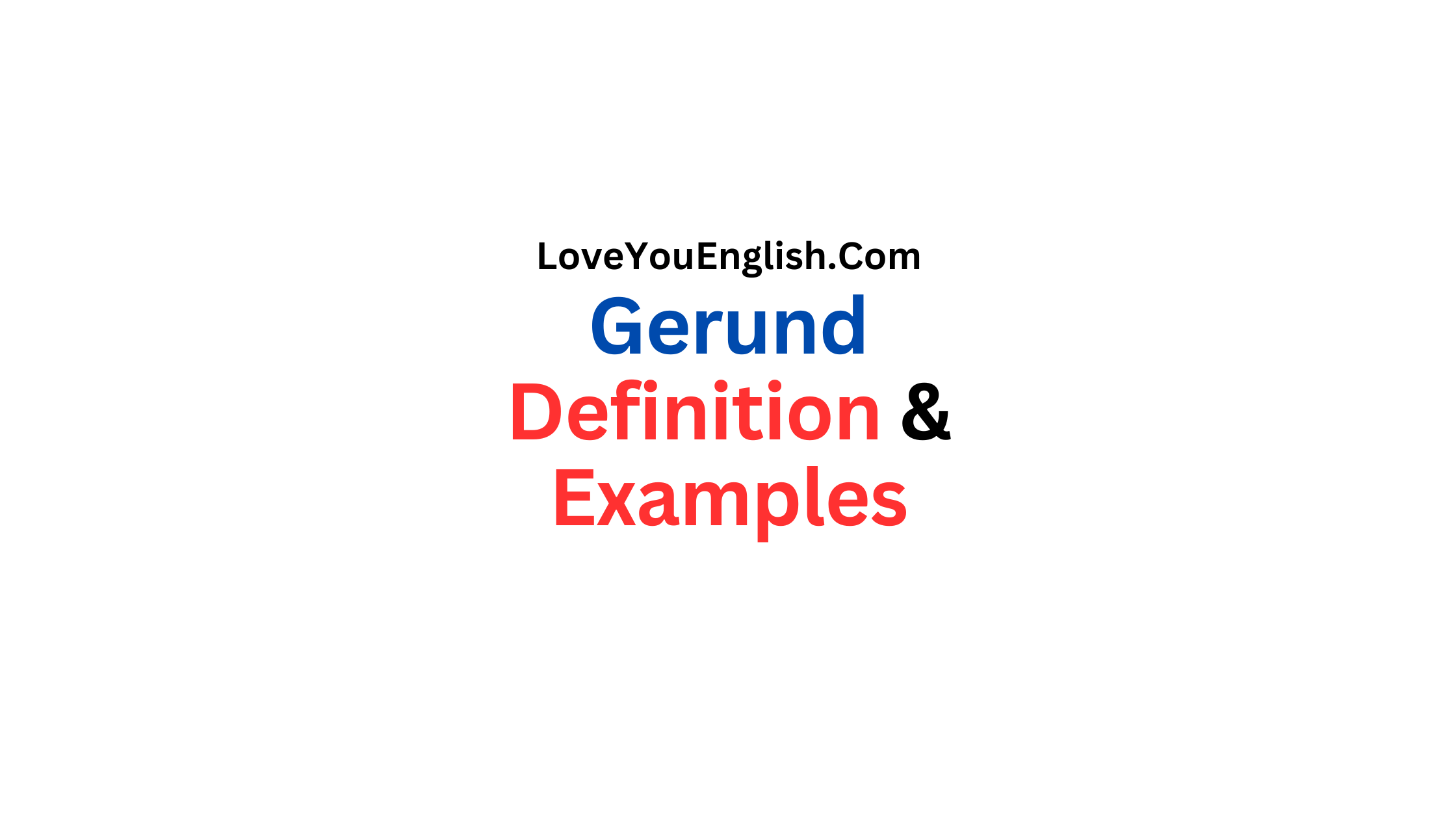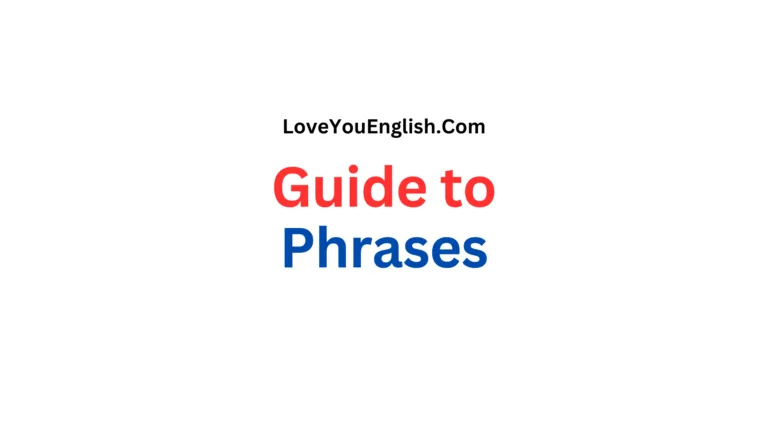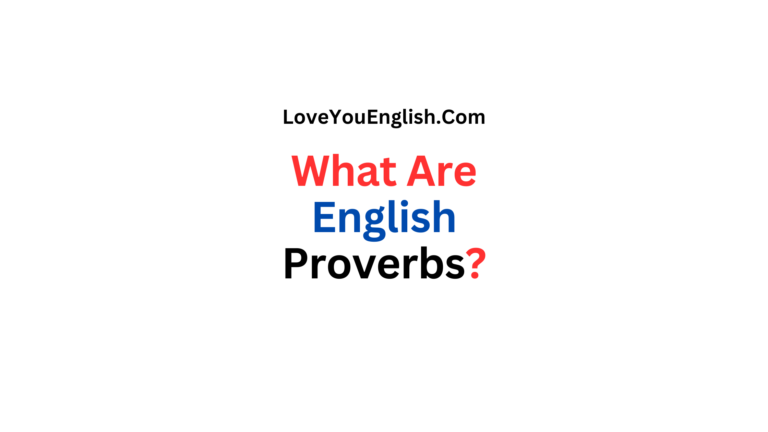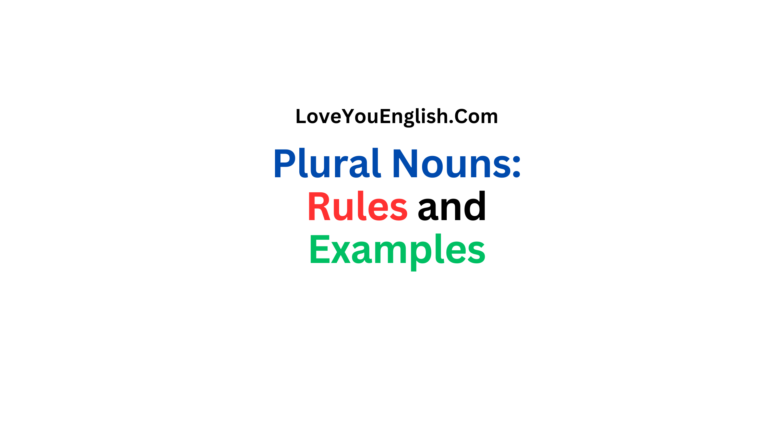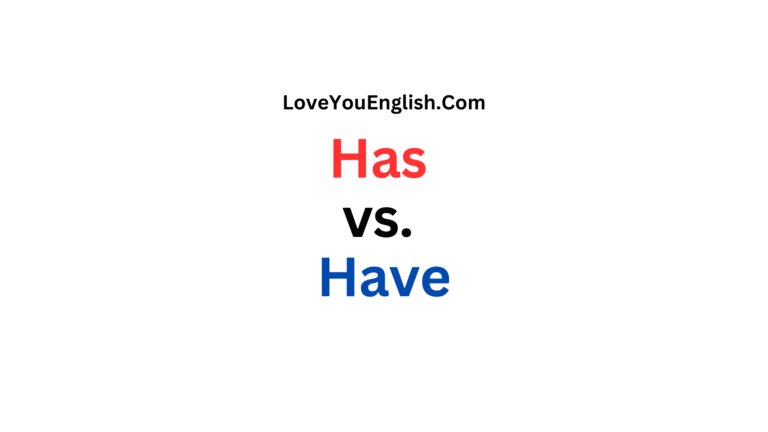What Is a Gerund? Gerund Definition and Examples
Have you ever noticed how some words in English seem to shape-shift between different roles?
One minute they’re actions, the next they’re things.
Meet the gerund: one of English’s most useful yet confusing word forms.
Those “-ing” words that look like verbs but act like nouns are everywhere once you start looking for them.
What Exactly Is a Gerund?
A gerund is a verb form that ends in “-ing” and functions as a noun in a sentence. It might sound complicated, but it’s actually quite simple once you see it in action.
Consider these examples:
- Swimming is great exercise.
- I enjoy reading before bed.
- Cooking relaxes me after a long day.
In each sentence above, the bold word is a gerund. Each one is formed from a verb (swim, read, cook) by adding “-ing,” and each one functions as a noun in the sentence.
How to Spot a Gerund
The easiest way to identify a gerund is to look for an “-ing” word that acts like a noun. Here’s a simple test: if you can replace the word with a regular noun like “food” or “music” and the sentence still makes grammatical sense, you’re probably looking at a gerund.
For example:
- Swimming is great exercise. → Music is great exercise. ✓
- I enjoy reading before bed. → I enjoy music before bed. ✓
Gerunds vs. Present Participles: What’s the Difference?
Not all “-ing” words are gerunds. Some are present participles, which look identical but function differently. Present participles act as adjectives or form continuous verb tenses.
Present Participle Examples:
Gerund Examples:
- Running strengthens your heart. (noun)
- Swimming is her favorite activity. (noun)
The key difference is how they function in the sentence. If the “-ing” word acts as a noun, it’s a gerund. If it describes a noun or helps form a verb tense, it’s a present participle.
Common Ways Gerunds Are Used in Sentences
Gerunds can play several roles in a sentence:
1. As the Subject
When a gerund appears at the beginning of a sentence and is what the sentence is about, it’s acting as the subject.
Examples:
- Traveling broadens the mind.
- Smoking damages your lungs.
- Learning a new language takes time.
2. As a Direct Object
Gerunds often follow verbs to receive the action as a direct object.
Examples:
3. After Prepositions
Gerunds commonly follow prepositions (words like “about,” “after,” “before,” “by”).
Examples:
- She’s interested in gardening.
- He left without saying goodbye.
- They talked about traveling abroad.
- I’m looking forward to meeting you.
4. As a Subject Complement
Gerunds can follow linking verbs like “is,” “was,” and “becomes” to complete the meaning of the subject.
Examples:
- Her hobby is painting.
- His main responsibility was training new employees.
- My favorite activity becomes hiking in the fall.
Gerund Phrases
Gerunds don’t always appear alone. They can be part of gerund phrases that include objects, modifiers, or other elements. The entire phrase functions as a noun.
Examples:
- Reading mystery novels helps me relax. (subject)
- She enjoys swimming in the ocean. (direct object)
- They were excited about visiting their grandparents in Florida. (object of preposition)
Common Verbs Followed by Gerunds
Some verbs are typically followed by gerunds rather than infinitives (to + verb). Here are some common ones:
- admit: She admitted stealing the cookie.
- avoid: He avoided talking about his past.
- consider: They considered moving to Canada.
- enjoy: I enjoy cooking for friends.
- finish: Have you finished writing your essay?
- keep: Keep trying!
- mind: Would you mind closing the window?
- miss: I miss playing soccer with my friends.
- practice: She practices singing every day.
- quit: He quit smoking last year.
- suggest: They suggested going to the beach.
Gerunds vs. Infinitives
Both gerunds and infinitives can function as nouns, but they aren’t always interchangeable. Some verbs are followed by gerunds, some by infinitives, and some can take either with a difference in meaning.
Examples:
- I stopped smoking. (I quit the habit)
- I stopped to smoke. (I paused in order to smoke)
- I remember meeting him. (The meeting happened in the past)
- I remembered to meet him. (I didn’t forget the future meeting)
Possessives with Gerunds
When a noun or pronoun precedes a gerund to show who is performing the action, it should usually be in the possessive form.
Examples:
- I appreciate your helping with the dishes. (preferred)
- I appreciate you helping with the dishes. (increasingly common in casual speech)
- Tom’s arriving late caused problems. (preferred)
- Tom arriving late caused problems. (increasingly common in casual speech)
Why Gerunds Matter in Writing and Speaking
Gerunds add flexibility to your language by turning actions into things you can discuss. They help create more sophisticated and varied sentences. Instead of saying “I like when I swim,” you can simply say “I like swimming.”
They’re especially useful for:
- Creating smoother, more concise sentences
- Avoiding awkward constructions
- Expressing abstract concepts
- Adding variety to your writing style
Gerunds in Everyday Language
Gerunds are all around us in common expressions:
- “It’s worth seeing.”
- “There’s no denying it.”
- “Seeing is believing.”
- “Sleeping late feels wonderful.”
- “Eating well is important.”
They also appear in many idioms:
- “Playing with fire”
- “Beating around the bush”
- “Barking up the wrong tree”
- “Burning the midnight oil”
Quick Tips for Mastering Gerunds
- Remember that gerunds always end in “-ing” but not all “-ing” words are gerunds.
- Check if the “-ing” word functions as a noun in the sentence.
- Practice identifying gerunds in what you read.
- Learn which verbs are commonly followed by gerunds.
- When in doubt about whether to use a gerund or infinitive after a verb, consult a good grammar reference.
Final Thoughts
Gerunds may seem tricky at first, but with a little practice, you’ll start noticing them everywhere. They’re one of English’s most versatile tools, helping us talk about actions as things. Understanding gerunds not only improves your grammar knowledge but also helps you communicate more effectively.
Next time you catch yourself saying “I love hiking” or “Studying takes time,” remember – you’re using gerunds! These humble “-ing” words play a crucial role in how we express ourselves every day.
More topics:
- Different Uses of “Have” in English: A Simple Guide
- Negative Adjectives in English
- How to Use Punctuation Correctly in English
- Different Uses of “Take” in English
- Parts of Speech: The Building Blocks of English

